Cal Lutheran Students to Receive Over $1.7 Million of CARES Act
May 5, 2020
California Lutheran University received $3,451,376 in Higher Education Emergency Relief Fund from the Coronavirus Aid, Relief, and Economic Security (CARES) Act, of which half will be disbursed to eligible students.
“We found out [about the Higher Education Emergency Relief Fund] like everyone else, in a mass letter,” Cal Lutheran Director of Financial Aid Jerry McKeen said. “From there we’ve been waiting on regulations and guidance and trying to come up with the plan…but the plan continues to change because the guidance has changed.”
The CARES Act became law on March 27, permitting a $329,683,000,000 budgetary increase for emergency relief directed toward American sectors such as agriculture, utilities, education, defense, health and human services, transportation and education.
According to the U.S. Department of Education the CARES Act Higher Education Emergency Relief Fund “provides funding to institutions to provide emergency financial aid grants to students whose lives have been disrupted.”
Many Cal Lutheran students are eager to learn how the funds will be distributed.
“I’m currently working until June at my internship—which is paid, and my lease is up in June,” senior Sierra Scali said. “I’ve applied to a lot of jobs but everything is pretty much on hold and it’s hard to know where the future lies.”
Scali said as a Pell grant recipient, she assumes she is eligible for the emergency aid.
“I’m just concerned as to why they haven’t reached out to those who have the potential to be eligible [for funds]…with everything up in the air, every little bit helps,” Scali said.
According to McKeen, the current guidance suggests that any students who qualify for any federal financial aid, including loans, are eligible for the emergency aid.
“But we realize all students have expenses so we hope to disburse the funds to a much broader base than [just federal aid eligible students],” McKeen said.
In order to ensure the financial aid office can provide aid to as many students as possible, they will wait until there is clarity on what is considered permissible use of the funds.
“As with aid of any kind, it has lots of regulations behind its disbursement, we are reluctant to act too fast,” McKeen said. “We want to be fair and responsive but follow all rules and regulations.”
The primary guidance the Department of Education has provided said the money “shall not be used for any purpose other than the direct payment of grants to students for their expenses related to the disruption of campus operations due to coronavirus, such as food, housing, course materials, technology, health care, and child-care.”
While there is an expectation of duty to distribute the aid, higher education institutions are struggling to do so because of the minimal guidance they have received.
McKeen said some universities may have acted too fast.
Eastern Michigan University announced plans to use the relief funds for summer school credit, which violated the Department of Education’s intended allocation of funds.
One EMU student told POLITICO, “summer classes are expensive… if I can’t afford a meal from McDonalds at this time how can I pay for a summer class?”
Another stipulation of the act states that emergency financial aid must be distributed in the form of cash grants.
Meanwhile, many large public universities have announced plans for disbursement of funds which are compliant with federal guidelines.
On April 29, the University of Pittsburgh, which has also notably announced their scientists are developing a potential vaccine against COVID-19, announced a concise plan for how their first disbursement of emergency financial aid will be distributed.
The funding will be disbursed to students “identified as having the greatest need, undergraduate students who received a 2019-20 Federal Pell Grant, undergraduate students who did not receive a 2019-20 Federal Pell Grant and who had unmet financial need, graduate students who received a federal loan for spring term 2020, or did not borrow but would have earned a summer stipend, displaced student employees of Pitt’s food service providers, [and] resident assistants who lost meal plan access.”
In a press release, Ann E. Cudd, Pittsburgh’s provost and senior vice chancellor said, “ensuring that eligible students with need receive CARES grants as soon as possible is a top priority.”
At Florida A&M University, about 4,600 students eligible for the Pell grant will be the first to receive emergency assistance, with roughly $871 slated to be distributed to each recipient, ABC7 Tallahassee reported.
In addition, roughly $1.7 million will provide aid to 1,000 non-Pell undergraduate students and 1,500 graduate and professional students with an Expected Family Contribution (EFC) up to $15,000.
McKeen said the university is mitigating both the external and internal sides of how to “go about disbursing the funds.” This means deciding how eligible students will be informed, as well as what format will be used to transfer the funds to students’ financial accounts, are still under consideration.
Both undocumented and international students are ineligible for the emergency aid, according to the Department of Education.



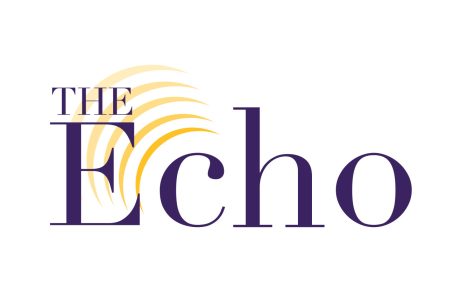
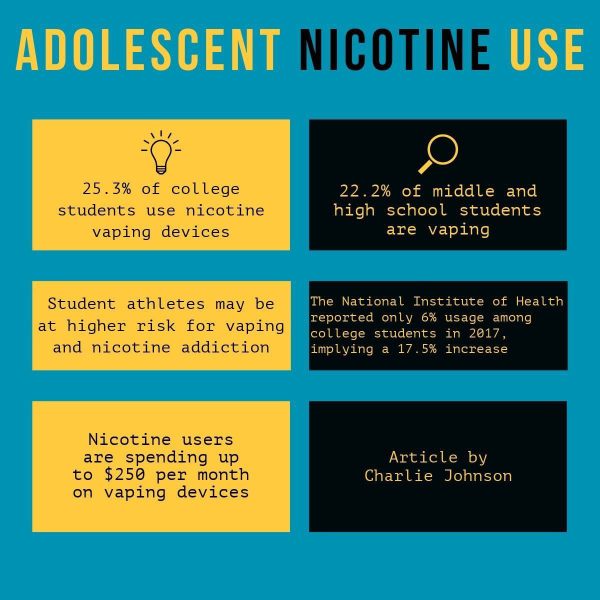
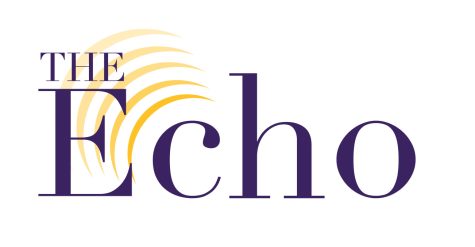

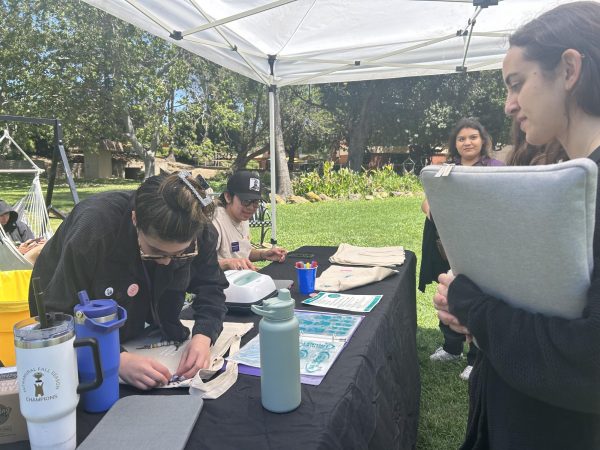

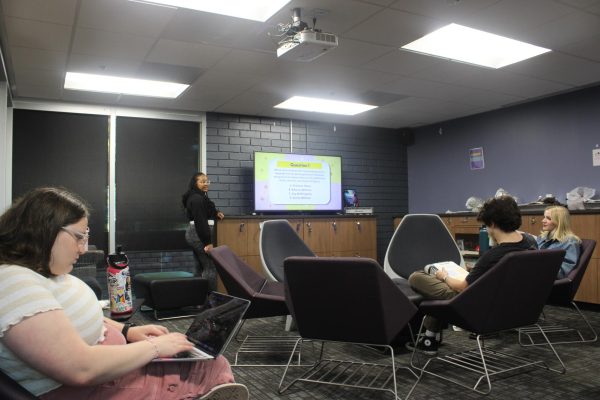

Ryan • May 6, 2020 at 8:08 pm
Hello, I’d like to know how I can apply for CARES. Can you please let me know how I can go about this as details arise?
Isabella Breda • May 8, 2020 at 9:12 am
The most recent update is available on our twitter, but here is the link to the application for CARES Act funding: https://t.co/A6VbVVtTPP?amp=1